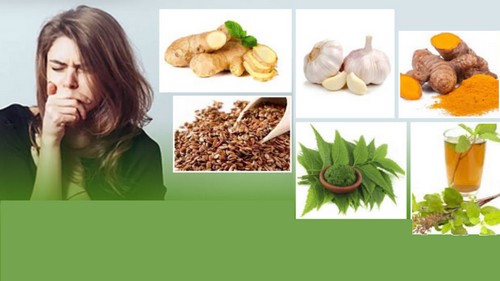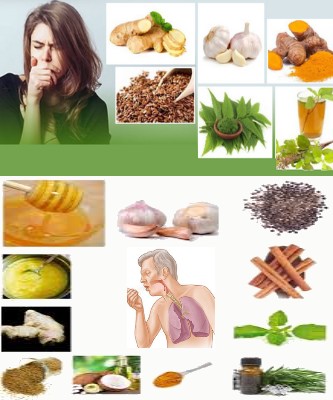Cold and Flu Home Remedies
There is no cure for the common cold. But what about cold remedies that ensure to make you feel better faster? Find out what’s effective.
Cold and Flu remedies are almost as common as the common cold, but are they effective? Nothing can cure a cold. But some remedies can help relieve your symptoms and prevent you from feeling so bad. Here are some remedies to treat the common cold and information about them.

Cold and Flu Remedies that work :
If you catch a cold, the cold will probably last a week or two. That doesn’t mean you should feel down. These remedies can help you feel better:
- Just stay hydrated. Water, juices, clear consommé or warm water with yellow lemon and honey help ease congestion and prevent dehydration. Avoid alcohol, coffee, and caffeinated soda, which can make dehydration worse.
- Rest. Your body needs rest to heal.
- It relieves the sore throat. A saltwater gargle (1/4 to 1/2 teaspoon salt dissolved in an 8-ounce glass [0.2 liters] of warm water) can temporarily relieve a sore or irritated throat. Children under the age of 6 are unlikely to gargle properly.
You can also try ice chips, sore throat sprayers, pills, or hard candy. Be careful when giving hard candy or pills to children because they can choke. Do not give hard candy or pills to children under the age of 6.
- It fights the tamponade.
Over-the-counter saline spray and nasal drops can help relieve tamponade and congestion.
In babies, experts recommend applying several drops of saline into a nostril and then gently sucking that nostril with a rubber pear or syringe. To do this, squeeze the bulb, gently place the tip of the pear or syringe into the 1/4 to 1/2 inch (6 to 12 mm) nostril, and slowly release the bulb. Nasal saline sprays can be used in older children.
- Relieves pain.
For children younger than 6 months, the only acetaminophen is given. For children older than 6 months, you can use acetaminophen or ibuprofen. Check with your child’s doctor about the correct dose for your child’s age and weight.
Adults may take acetaminophen (Tylenol, others), ibuprofen (Advil, Motrin IB, others), or aspirin.
Be careful when giving aspirin to children or teens. While aspirin is approved for use in children older than 3 years of age, children and teens recovering from chickenpox or flu-like symptoms should never take aspirin. This is because aspirin has been linked to Reye syndrome, a rare but life-threatening disease, in these children.
- Take sips of hot liquids.
- Incorporating hot liquids, such as chicken soup, tea, or hot apple juice, is a cold remedy used in many cultures and could have a calming effect and relieve congestion by increasing the flow of mucus.
- Try honey. Honey can help cough in adults and children over one-year-old. Try it with hot tea.
- Moisten the air. A vaporizer or cold steam humidifier can add moisture to your home, which can help ease congestion. Change the water daily, and clean the unit according to the manufacturer’s instructions.
- Try over-the-counter cold and cough medicines.
For adults and children 5 years and older, over-the-counter decongestants, antihistamines, and pain relievers may offer some symptom relief. However, they will not prevent a cold or reduce its duration, and most of them have some side effects.
Experts agree that they should not be given to young children. Overuse or misuse of these medicines can cause serious harm. Talk to your child’s doctor before giving any medication.
You take medications only as directed. Some cold medicines contain multiple ingredients, such as a decongestant plus a pain reliever, so read the labels on the cold medicines you take to make sure you don’t take too much of any medicine.

